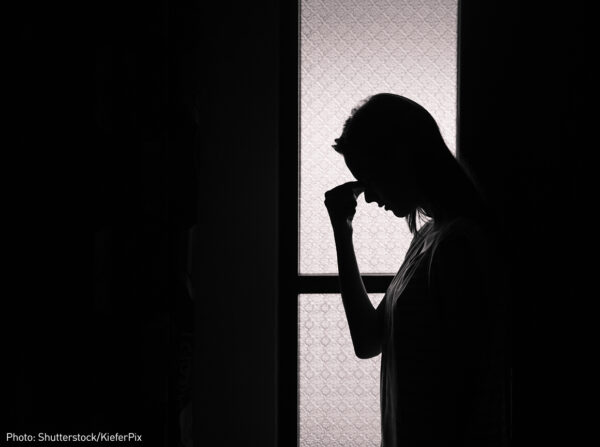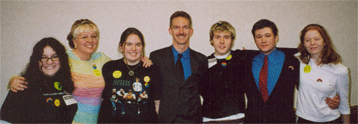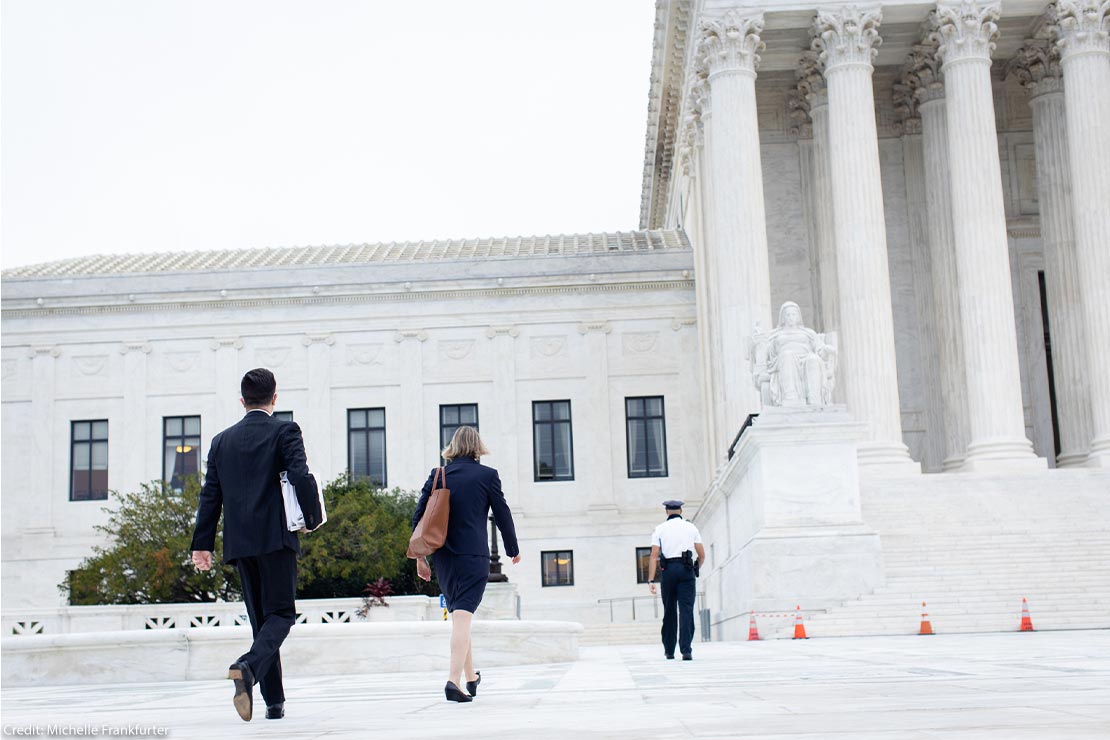Kentucky
Cameron v. EMW Women’s Surgical Center
In 2018, the American Civil Liberties Union and the ACLU of Kentucky filed a suit on behalf of Kentucky abortion providers and their patients challenging a state law banning physicians from providing a safe and medically proven abortion method called dilation and evacuation, or “D&E.” If it were to take effect, this law would prevent many patients from being able to obtain an abortion altogether. After two courts held that the law is unconstitutional, the Supreme Court ruled in March 2022 that Kentucky Attorney General Cameron can continue his pursuit to push abortion out of reach by intervening in the underlying challenge to an abortion ban, which is proceeding in a lower court.
Status: Closed (Judgment)
View Case
All Cases
9 Kentucky Cases

Kentucky
Aug 2022
Reproductive Freedom
EMW Women’s Surgical Center v. Friedlander: Ban on Safe Abortion Procedure
In 2018, the ACLU and the ACLU of Kentucky filed suit on behalf of Kentucky abortion providers to challenge a state law banning physicians from providing a safe and medically proven abortion method called dilation and evacuation, or “D&E.” If it were to take effect, this law would prevent many patients from being able to obtain an abortion altogether. The law imposes serious harm on patients' health and dignity.
Explore case
Kentucky
Aug 2022

Reproductive Freedom
EMW Women’s Surgical Center v. Friedlander: Ban on Safe Abortion Procedure
In 2018, the ACLU and the ACLU of Kentucky filed suit on behalf of Kentucky abortion providers to challenge a state law banning physicians from providing a safe and medically proven abortion method called dilation and evacuation, or “D&E.” If it were to take effect, this law would prevent many patients from being able to obtain an abortion altogether. The law imposes serious harm on patients' health and dignity.

Kentucky
Aug 2022
Reproductive Freedom
EMW Women's Surgical Center v. Meier: Six-Week Ban and Reason Ban
In 2019, the American Civil Liberties Union and the ACLU of Kentucky filed a lawsuit to challenge two new Kentucky laws. One law is a ban on abortion at 6-weeks in pregnancy, and the other law would ban abortion based on the specific reasons for the person’s decision, such as a fetal diagnosis. Both laws are unconstitutional bans on abortion, and they intrude into the personal health decisions of women and families.
Explore case
Kentucky
Aug 2022

Reproductive Freedom
EMW Women's Surgical Center v. Meier: Six-Week Ban and Reason Ban
In 2019, the American Civil Liberties Union and the ACLU of Kentucky filed a lawsuit to challenge two new Kentucky laws. One law is a ban on abortion at 6-weeks in pregnancy, and the other law would ban abortion based on the specific reasons for the person’s decision, such as a fetal diagnosis. Both laws are unconstitutional bans on abortion, and they intrude into the personal health decisions of women and families.

Kentucky
Jul 2009
LGBTQ Rights
Morrison v. Boyd Co. Board of Education
Kentucky high school anti-harassment training
Explore case
Kentucky
Jul 2009

LGBTQ Rights
Morrison v. Boyd Co. Board of Education
Kentucky high school anti-harassment training

Kentucky
Jul 2005
LGBTQ Rights
Boyd High GSA v. Boyd County Board of Education
The ACLU settled a lawsuit brought on behalf of several students who wanted to form a gay-straight alliance (GSA) club at Boyd County High School in Ashland, Kentucky. The settlement requires that the district treat all student clubs equally and conduct anti-harassment trainings for all students and staff. Several students had first petitioned the school to form the gay-straight alliance in March 2002. The school initially refused to approve the club, and then later took the extraordinary step of suspending all student clubs rather than recognize the GSA.
Explore case
Kentucky
Jul 2005

LGBTQ Rights
Boyd High GSA v. Boyd County Board of Education
The ACLU settled a lawsuit brought on behalf of several students who wanted to form a gay-straight alliance (GSA) club at Boyd County High School in Ashland, Kentucky. The settlement requires that the district treat all student clubs equally and conduct anti-harassment trainings for all students and staff. Several students had first petitioned the school to form the gay-straight alliance in March 2002. The school initially refused to approve the club, and then later took the extraordinary step of suspending all student clubs rather than recognize the GSA.
